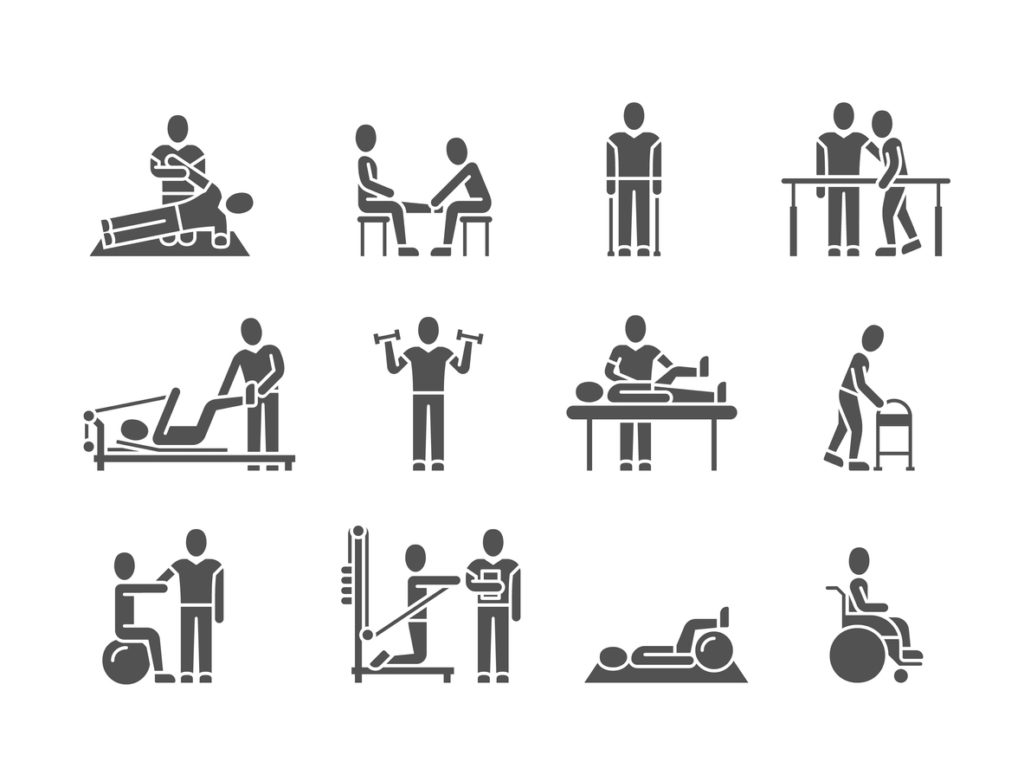This study will examine whether cytokine gene polymorphisms affect the progression or response to therapy of bone marrow failure disorders. Cytokine genes instruct cells to produce proteins called cytokines that influence immune system response. As with many genes, the cytokine genes differ slightly from person to person. These differences are called gene polymorphisms. Different patients with the same bone marrow failure disease often progress and respond to treatment differently. This study will look at the possible role of cytokine gene polymorphisms in these differences.Patients between 2 and 80 years old who have participated in an NHLBI Hematology Branch treatment protocol for acquired aplastic anemia, myelodysplastic syndrome, or pure red cell aplasia are recruited to participate in this study. Blood collected and stored at the time of screening for the treatment protocol will be tested for cytokine gene polymorphisms. No additional tests, procedures, or treatments are involved in this study.
Official Title
Cytokine Gene Polymorphisms in Bone Marrow Failure.
Conditions
- Bone Marrow Diseases
Study Type
Observational
Study Design
Further Details
The NHLBI Hematology Branch is investigating features that may affect the clinical course of bone marrow failure patients.
We are particularly interested in identifying factors, which determine treatment response and outcome. Cytokines are biological mediators of the immune response. In a normal population there is considerable variation in the precise sequence of the genes which control cytokine production (Cytokine Gene Polymorphism or CGP). As a consequence individuals differ in the quality of the immune response they mount against self or foreign antigens. Since the bone marrow failure disorders aplastic anemia and myelodysplastic syndrome involve auto-immune suppression of marrow function, it is important to discover whether there are any recurrent patterns of cytokine production in these disorders which may contribute to the marrow failure. This can be done by studying the sequences of the genes that control cytokine production to find out whether there are any recurrent gene patterns in the diseases studied. In addition we need to understand why some patients fail to respond to immunosuppressive treatments. By comparing CGP in responders and non-responders we may be able to find patterns of cytokine production that are favorable or unfavorable for response. Better understanding of CGPs in marrow failure syndromes should make it possible to improve the outcome for patients who fail immune suppression by using drugs which block specific cytokines.
None of these polymorphisms are associated with known clinical disease to be classifiable as a ‘genetic defect’. All testing will be done on samples collected and stored for research purposes from consenting bone marrow failure subjects who have or will be participating on Hematology Branch research protocols.
Study Start
June 2004
Eligibility & Criteria
- Ages Eligible for Study: 2 years to 80 years
- Genders Eligible for Study: Both
Inclusion Criteria:
- Participation on a Haematology Branch bone marrow failure treatment protocol.
- Diagnosis with one of the following bone marrow failure conditions:
- Acquired aplastic anaemia
- Myelodysplastic syndrome (MDS)
- Pure red cell aplasia (PRCA)
- For adults: Ability to comprehend the investigational nature of the study and provide informed consent. For minors: Written informed consent from one parent or guardian.
- Informed assent from minors: The process will be explained to the minor on a level of complexity appropriate for their age and ability to comprehend.
- Age greater than or equal to 2 and less than or equal to 80.
Exclusion Criteria:
- Subjects unable to comprehend the investigational nature of the laboratory research.
Total Enrolment
600
Contact Details
Location:
United States, Maryland
National Institutes of Health Clinical Center,
9000 Rockville Pike Bethesda, Maryland
United States, 20892
All content and media on the HealthEngine Blog is created and published online for informational purposes only. It is not intended to be a substitute for professional medical advice and should not be relied on as health or personal advice. Always seek the guidance of your doctor or other qualified health professional with any questions you may have regarding your health or a medical condition. Never disregard the advice of a medical professional, or delay in seeking it because of something you have read on this Website. If you think you may have a medical emergency, call your doctor, go to the nearest hospital emergency department, or call the emergency services immediately.







